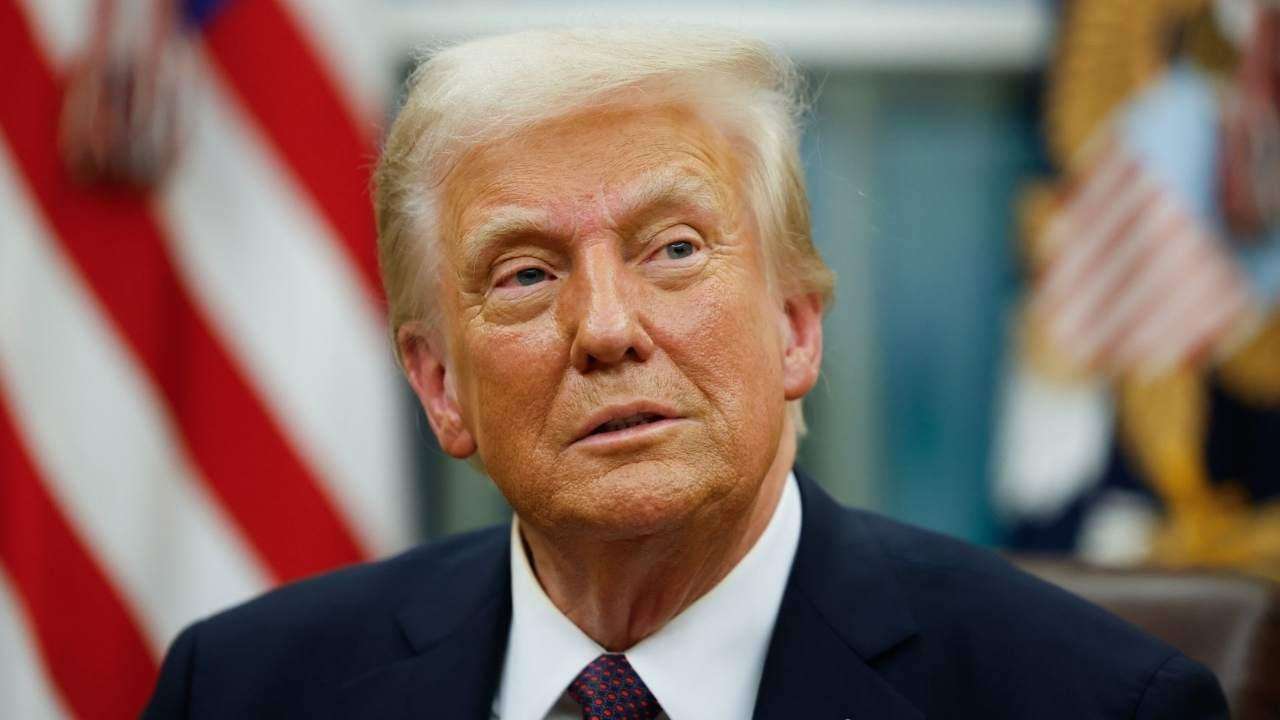Chancellor Rachel Reeves is on a trajectory to implement tax increases amounting to approximately £24 billion this autumn, according to a stark warning from investment banking giant JP Morgan. The analysis suggests that these measures will likely target working individuals to finance escalating welfare expenditures, Daily Dazzling Dawn understands.
JP Morgan highlights that the Chancellor is increasingly constrained by commitments made by Labour leader Sir Keir Starmer. These include proposals to reverse cuts to winter fuel payments for pensioners and a potential removal of the benefits cap for families with more than two children. Such moves, widely interpreted as a strategy to counter the growing influence of Nigel Farage’s Reform UK following their notable gains in recent local elections, could significantly impact fiscal planning.
Allan Monks, an economist at JP Morgan, indicated that these spending promises would compel Ms Reeves to raise taxes for a second time, just a year after a record £40 billion tax increase. Sir Keir's pledges regarding winter fuel payments and the benefit cap alone are projected to cost up to £5 billion annually by the end of the decade.
Adding to the fiscal strain, JP Morgan points to the economic repercussions of Donald Trump's trade policies, which have negatively affected the UK economy. An anticipated £2.4 billion boost from trade deals with the EU, US, and India is unlikely to compensate for a £7.3 billion loss attributed to higher tariffs. JP Morgan anticipates that the US president will maintain his "liberation day" tariffs, despite a US court deeming them illegal, following a legal stay granted by an appeals court. "There is continued uncertainty about the tariff regime in light of this week’s US court ruling, but for now we assume the universal 10pc baseline will stay," the investment bank stated.
This weaker economic growth is forecast to create an additional £9 billion deficit in public finances. Consequently, Mr Monks calculates that Ms Reeves will need to raise taxes by a total of £24.5 billion to re-establish the £9.9 billion buffer she currently maintains to balance the government's accounts.
The economist predicts that a key measure would be an extension of the freeze on income tax thresholds until the end of the decade, a move that could generate nearly £10 billion. These thresholds are already frozen until 2028, a policy set to pull an estimated 4 million people into higher income tax brackets. This would see the number of taxpayers exceed 40 million for the first time, with 9.2 million paying the higher or top rate.
However, frozen thresholds alone may not be sufficient. JP Morgan suggests the government might also consider imposing a gambling tax and implementing further squeezes on welfare spending to achieve fiscal balance.
Ms Reeves's options are somewhat restricted by Labour's manifesto commitment not to increase income tax, National Insurance, or VAT for working people. Despite this, the government has previously found ways around similar pledges, such as the £25 billion increase in National Insurance for employers last October.
Further spending pressures are expected to build before the Budget. Ms Reeves is already confronting internal party dissent over £5 billion in proposed welfare cuts as she attempts to prevent the sickness and disability benefits bill from surpassing £100 billion by the decade's end.
Sanjay Raja at Deutsche Bank echoed JP Morgan's concerns, stating that higher taxes in the autumn are now "a near certainty." He noted that Ms Reeves will face additional pressure leading up to the spending review on June 11, where she will outline detailed plans for Whitehall expenditure over the next three years.
"Undeniably, the Spending Review will likely leave the Chancellor with a tricky autumn Budget to navigate," Mr Raja commented. "Tax rises look a near certainty. And pressure to reform the Chancellor’s [borrowing rules] will only increase from here on out."
Meta Description:
Chancellor Rachel Reeves faces a potential £24bn tax raid this autumn to fund welfare spending and offset sluggish growth, warns JP Morgan. Analysis points to frozen income tax thresholds and other measures impacting working people.
Meta Keywords:
Rachel Reeves, UK taxes, Autumn Budget, JP Morgan, tax increase, welfare spending, Sir Keir Starmer, public finances, income tax, economic forecast, Donald Trump, trade war, Reform UK, fiscal policy.








.svg)


